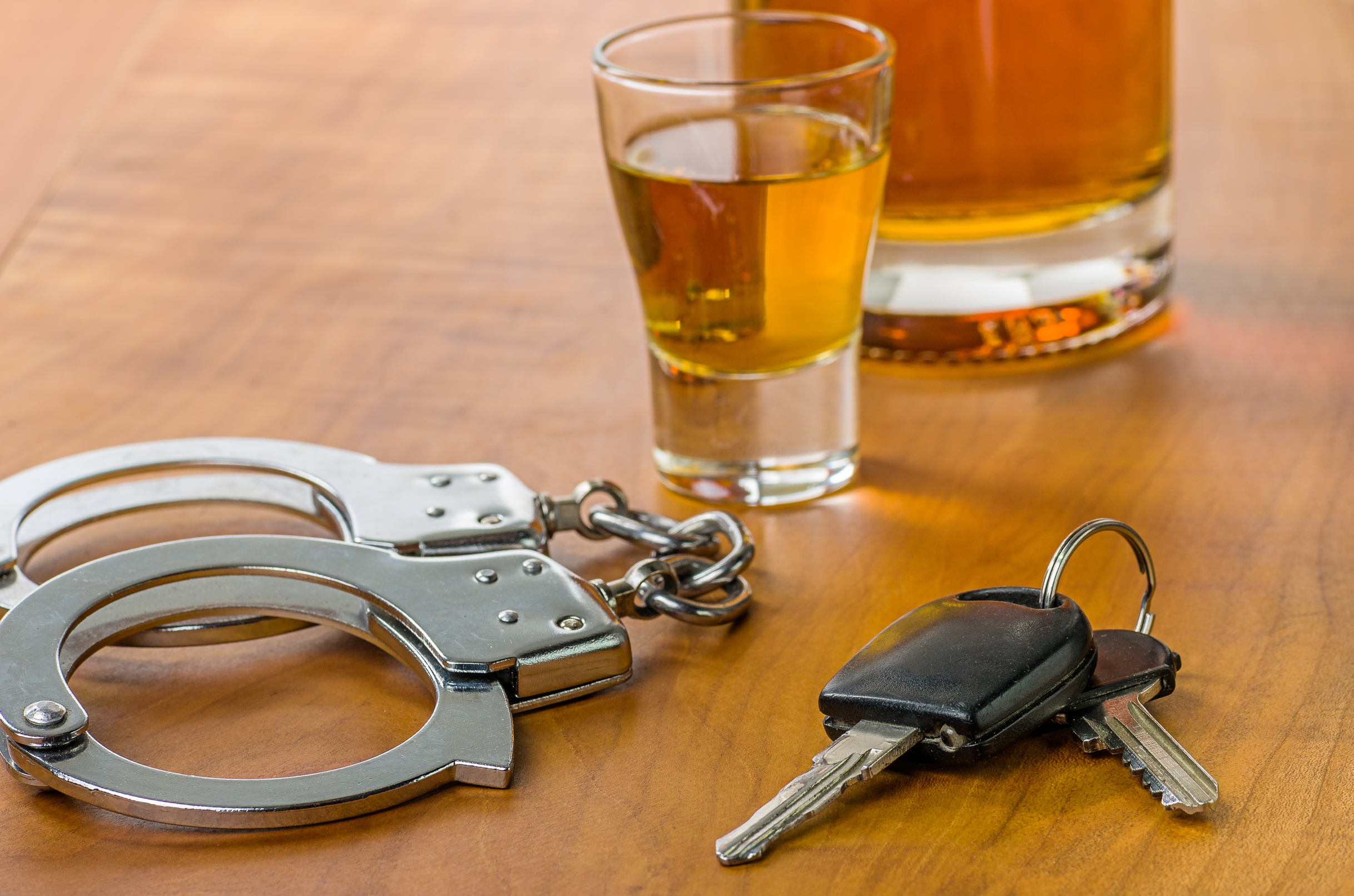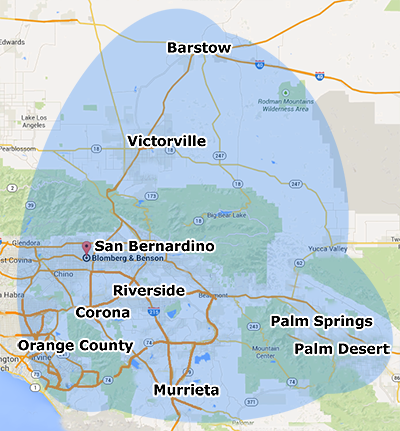Home >> Blog >> Fighting-a-DUI-Charge
Fighting a DUI Charge: What Options Are Available?
 A DUI charge can have serious ramifications, including jail time, hefty fines, and suspension of your driver's license. However, an experienced DUI attorney can help you fight the charge and avoid potentially life-changing consequences.
A DUI charge can have serious ramifications, including jail time, hefty fines, and suspension of your driver's license. However, an experienced DUI attorney can help you fight the charge and avoid potentially life-changing consequences.
Here are common defense strategies your attorney may use to prevent a DUI conviction.
Demonstrate Police Misconduct
In California, police must have reasonable suspicion to stop your car and probable cause to make a DUI arrest or to start a DUI investigation. The officer should also read your Miranda rights before interrogating you.
An officer may have reasonable suspicion to stop you if you violate traffic laws, for example, by speeding or jumping a red light. The officer may also have probable cause to detain and investigate you, for example, if the officer smells alcohol on your breath or sees an open bottle of alcohol in your car.
If the officer had no reasonable suspicion or probable cause for stopping or investigating you, your attorney may argue that the results of the investigation cannot be used as admissible evidence against you.
Argue Against Physical Symptoms
Police officers commonly use a driver's physical symptoms to initiate a DUI investigation. The officer may claim that because you had a flushed face; red, watery eyes; slurred speech; unsteady posture; and a strong smell of alcohol on your breath, then you were intoxicated.
An experienced lawyer may argue that these symptoms, which the officer only ticked off and did not elaborate on, are subjective and could have been caused by other factors, including the flu, fatigue, or an allergy, and do not necessarily prove that you were under the influence.
Challenge Rising Blood-Alcohol-Content Results
To be charged for DUI in California, the prosecutor must prove that your blood alcohol content (BAC) was 0.08 or greater at the time of driving and that this caused impairment.
If an officer stopped you a short while after drinking, your BAC levels may still be rising. Because alcohol takes some time to enter the bloodstream and to increase the BAC, your BAC may have been lower at the time of driving than the time of the test.
Challenge Chain of Custody of Test Samples
According to Title 17 of California's Code of Regulations, DUI blood and breath tests must meet certain requirements.
To be used as admissible evidence, the officer must observe the driver for 15 minutes before administering a test; samples must be collected, handled, and stored properly; testing equipment must be accurate; and the person conducting the test must have proper training.
If your attorney determines that even one of these requirements was not met, he or she could argue that the test results are inaccurate and ask the prosecution to halt the DUI investigations.
Challenge Field Sobriety Tests
According to the National Highway Transportation and Safety Authority (NHTSA), field sobriety tests (FSTs) are 91 percent accurate.
However, FSTs assume that the officer who administered the test performed all three standardized tests — the one-leg stand, walk-and-turn, and horizontal nystagmus tests.
FSTs also assume that the officer had the appropriate training and expertise and that the test conditions were perfect. Variations in any of these factors can make FST results unreliable.
Additionally, your attorney may posit that factors such as anxiety, fatigue, your usual physical coordination etc. could have affected your stability and coordination during the FST.
Having a police officer stop, detain, and investigate you for DUI can be distressing, but a final charge can have greater social and economic implications. A strong defense strategy may be able to avert a DUI charge.
At Blomberg, Benson & Garrett, Inc., we can assess your situation and recommend legal options for fighting a DUI charge. Get in touch with us today for a free consultation.

 A DUI charge can have serious ramifications, including jail time, hefty fines, and suspension of your driver's license. However, an experienced DUI attorney can help you fight the charge and avoid potentially life-changing consequences.
A DUI charge can have serious ramifications, including jail time, hefty fines, and suspension of your driver's license. However, an experienced DUI attorney can help you fight the charge and avoid potentially life-changing consequences.
